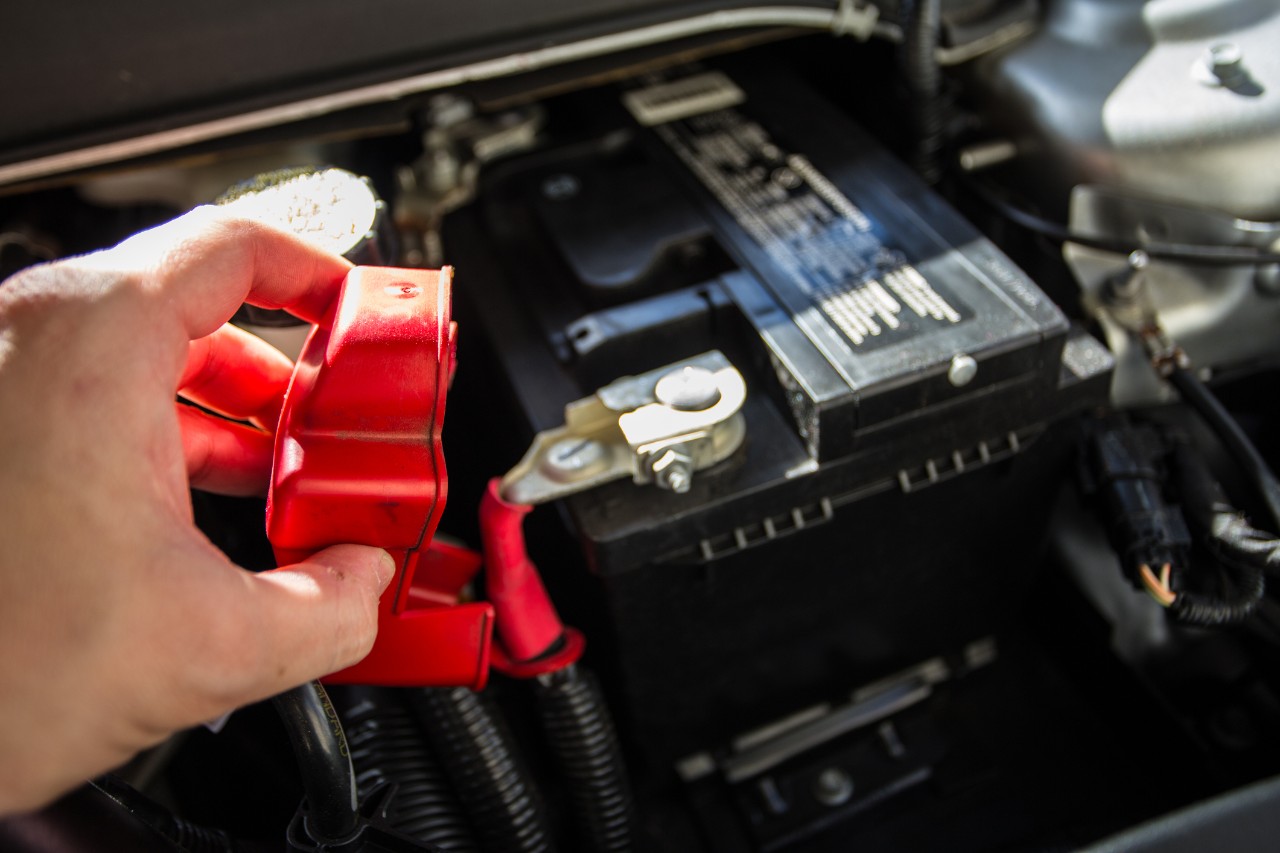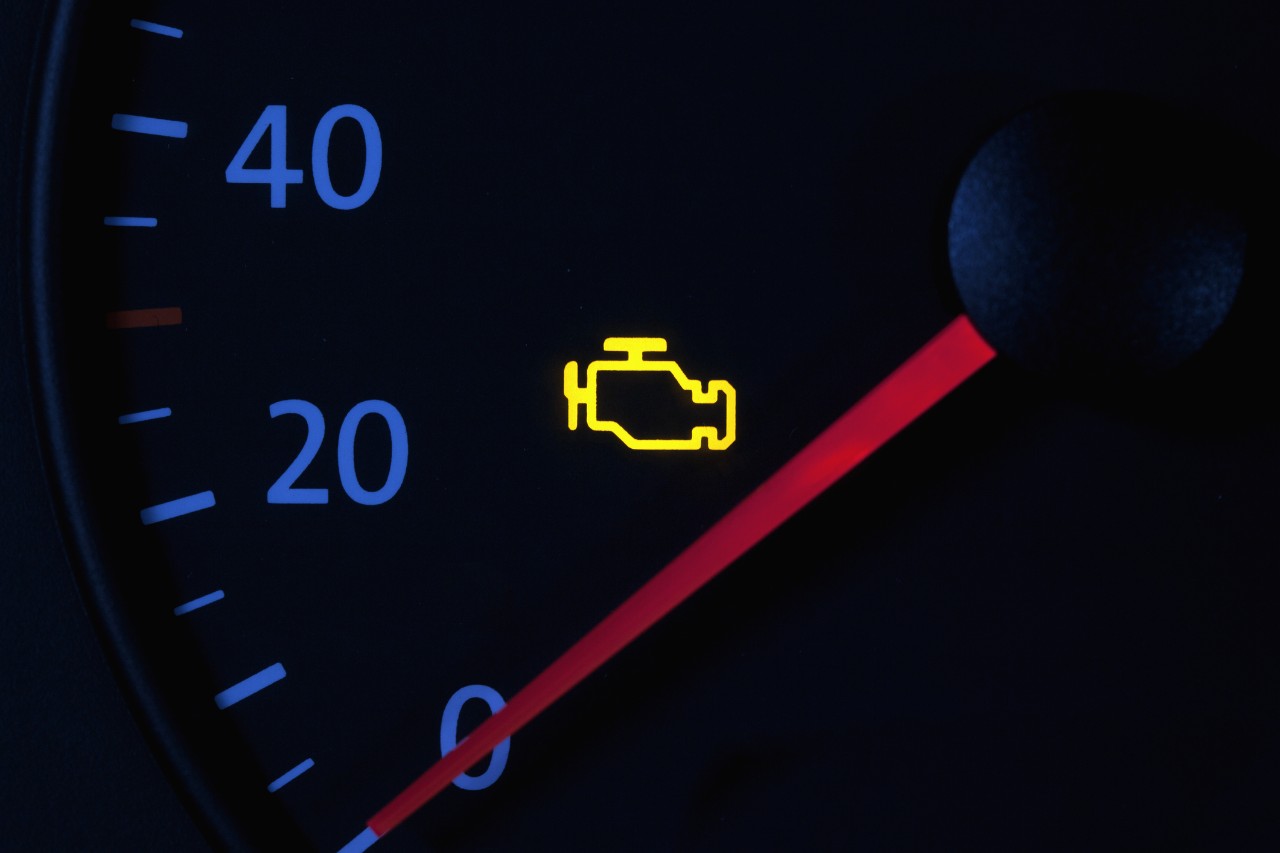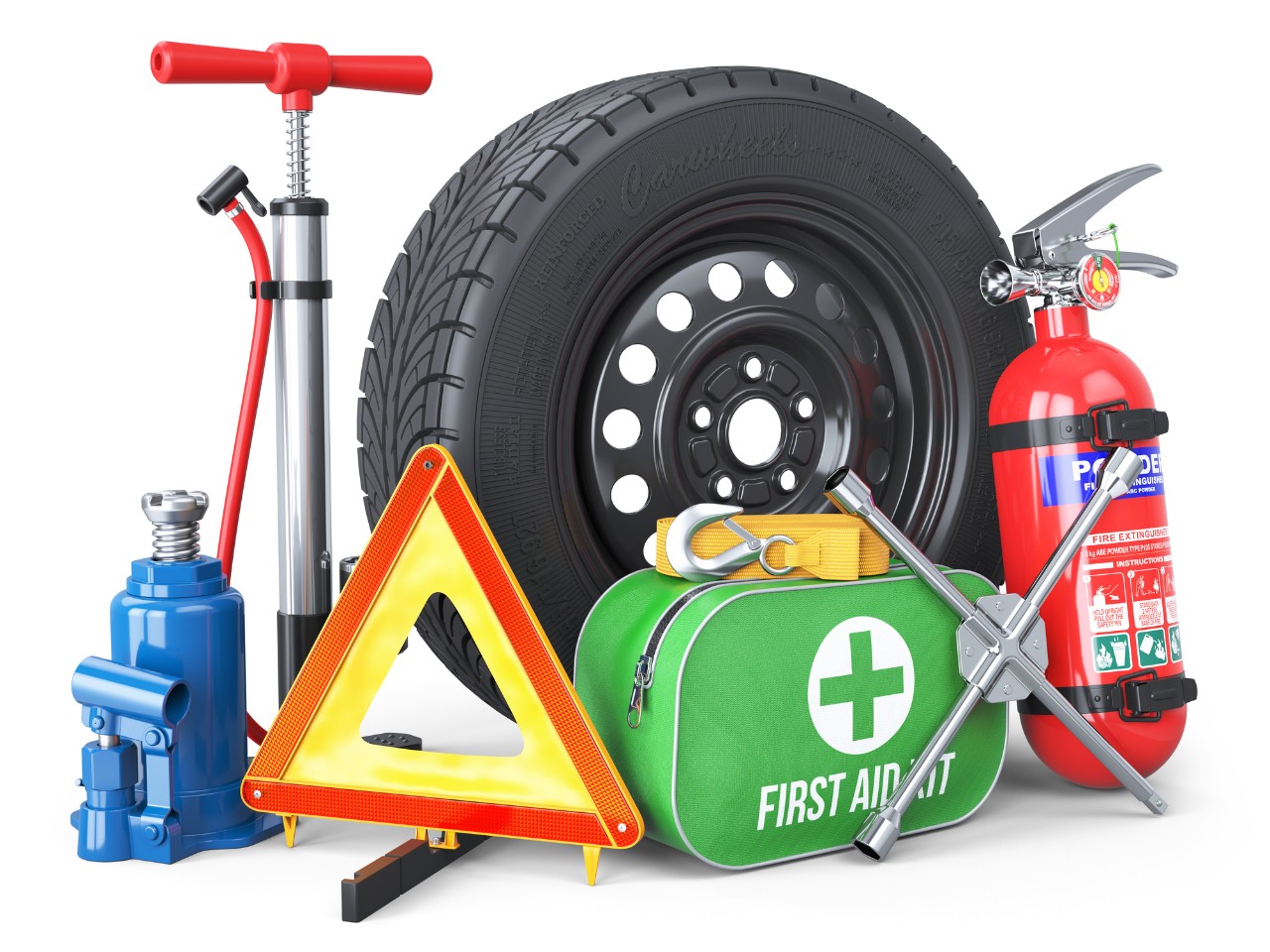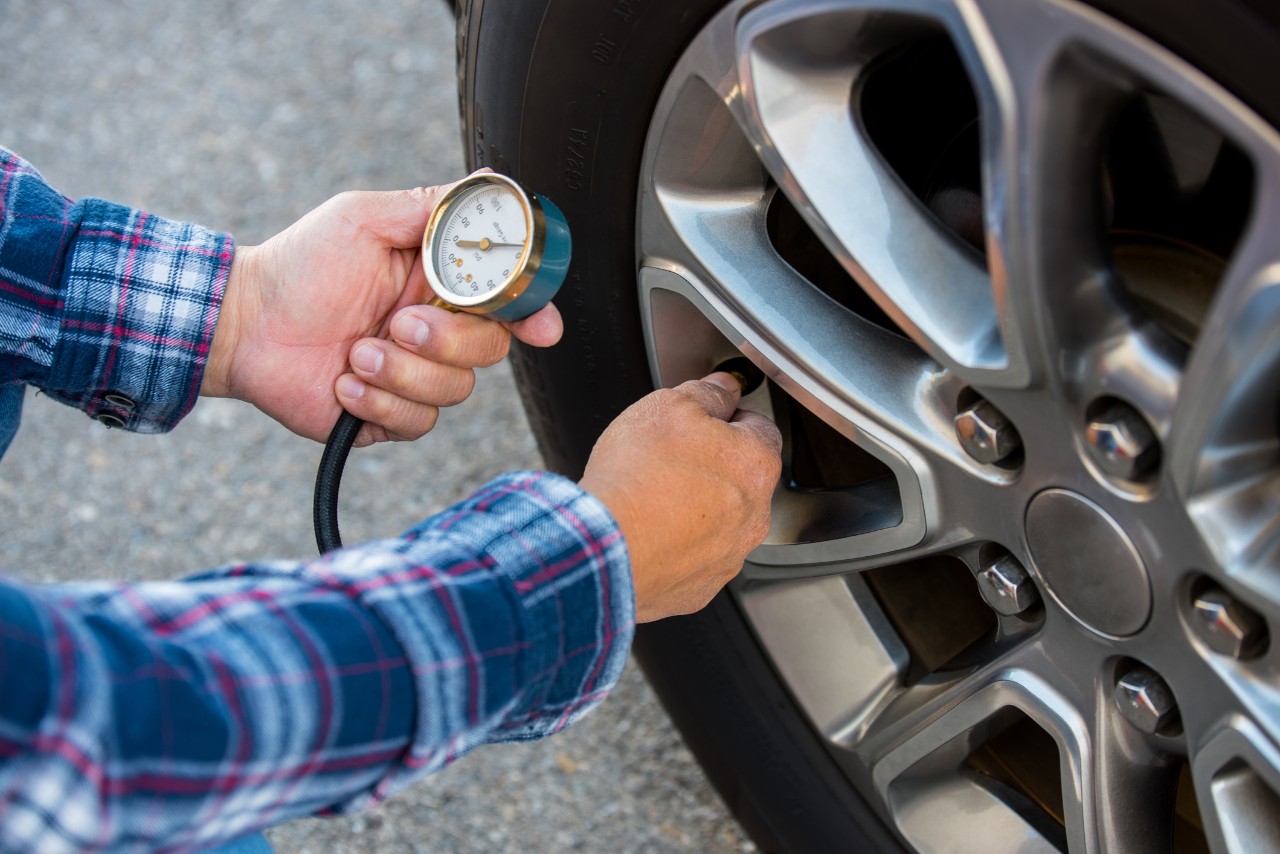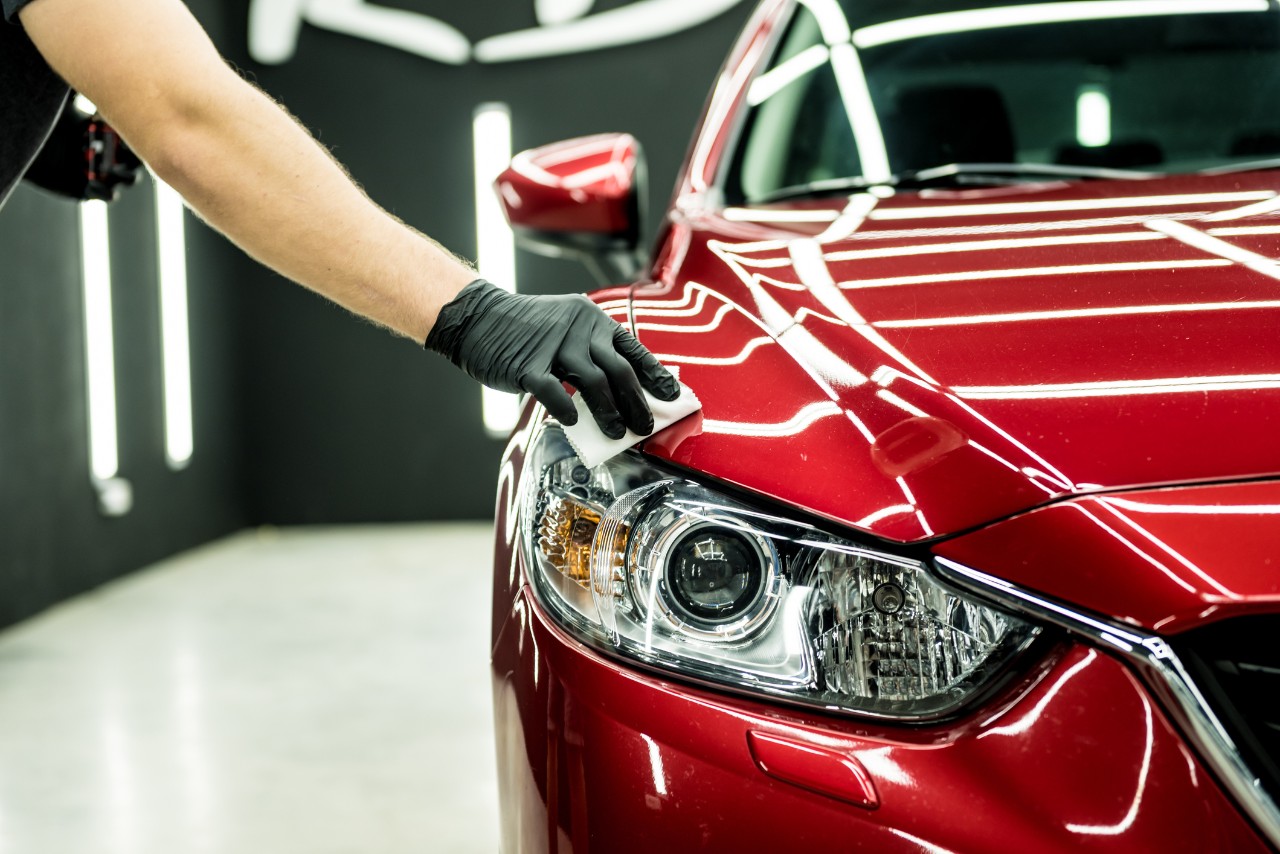Have you ever been in a situation where you needed to get somewhere fast, but right when you turned the key, your car gave out? You cranked the hood open, and it turned out the car battery was flat. Any driver would agree that the unexpected demise of the battery can cause quite the fuss.
Usually, car batteries last for three to five years. Poor weather, car type and the way you handle your car can also reduce the lifespan of your car battery, but there are ways to prevent your battery from giving out prematurely. If you wish to save the extra cost and get the most out of your car battery, then here are a few tips for you.
.png)
.jpeg)
